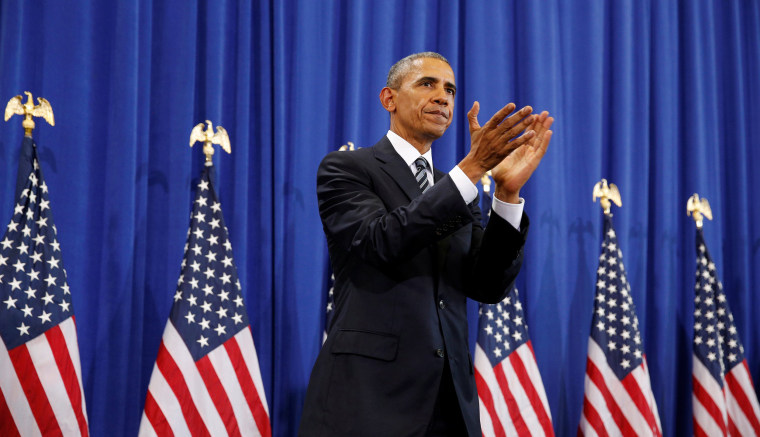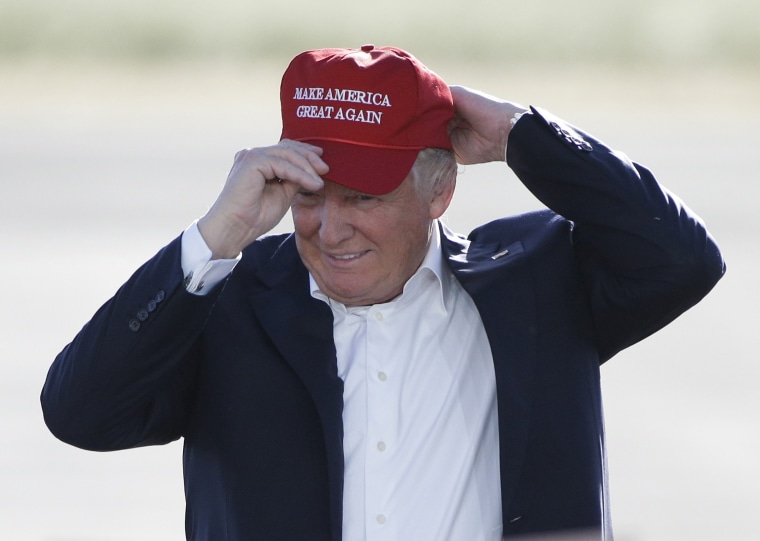We’re now nearly a month away from Trump taking office, and as the days draw nearer, Americans are divided over what they can expect of their individual financial futures.
A new survey by Bankrate, which polled over 1,000 Americans (veering slightly more female than male), found that 28 percent of American adults think that President-elect Trump’s policies will have a positive impact on their finances, while 26 percent said Trump would have a negative impact. The largest percentage, 39 percent, stated that Trump’s policies would make no difference either way on their personal finances.
Tax Pains,Tax Gains
Both those who anticipated a positive outcome and those who expected a negative turn cited tax policy as the number one issue of impact.
“Those who felt the outcome would have a positive effect on their personal finances most commonly cited that they would pay lower taxes; on the flip side, those who anticipated a negative impact most commonly cited higher taxes,” said Greg McBride, chief financial analyst for Bankrate.
The second most common reason cited by respondents who felt positive about Trump was that that they would see higher income. The third reason was that the value of their investments would increase.
Those who felt Trump’s presidency would affect their finances negatively cited an increase in expenses and a decrease in income as their second and third reasons, respectively.
Why So Indifferent?
Perhaps the most surprising number gathered from the poll is the amount of respondents (39 percent) who felt that no matter what Trump does, they won’t feel much in the way of personal financial effects.
But in September, Americans were singing a different tune.
“We conducted a poll in September, asking what is the biggest risk to our economy over the next six months, and 61 percent of respondents said ‘the outcome of the election,’ which was overwhelming,” McBride told NBC News. “To see almost equal division between those who feel positive and negative, and nearly 40 percent saying no impact either way, is particularly surprising in context of the September findings.”

Big Economy Versus Everyday Joe
It must be noted that the question Bankrate posed in September that received such a strong response was technically a much different question. It was looking at the American economy as a whole, rather than one’s everyday financial goings-on. It could be that these 39 percent who don’t care either way don’t connect sweeping governmental actions with their own checking accounts and tax returns — at least not in a meaningful way.
Related: From Student Loans to School Taxes: Your Personal Finance Guide to the New President
“When you see nearly 40 percent saying Trump won't have an impact one way or another, they’re saying that any impact is going to be so marginal, [in comparison] to the other factors that are impacting their personal finances,” said McBride. “Someone who is highly educated and has a lot of skills will still be employable, so even in economic slumps, they have a good chance of finding another job. There’s a feeling of controlling your own destiny. It's not going to be the primary determinant of their financial future.”
But What’s Actually Going to Happen?
The questions that need to be asked are deeper than these surveys go. We need to know: What promises will Trump keep, and on which will he back down? Will the unemployment rate rise? Will there be a recession? Will we be able to continue advancing as a nation without losing human jobs to automated technology?
Only time will tell, but one thing is already certain whether we’re optimistic, or pessimistic, or indifferent: Trump has promised repeatedly to make “America great again,” and that means so much and so many different things to so many people. And it has a lot to do with money.
Related: The Differences on How Clinton or Trump Could Affect Your Wallet
“President-elect Trump has ignited one of the most dangerous forces in politics: high expectations,” said Dr. Daniel Walker, research associate at the University of Southern California's Center for Religion and Civic Culture as well as a History Professor at El Camino College.
“Millions of individuals, including those who did not vote for him due to his stances on social issues, still hold out hope that ‘Trump the business man’ has the knowledge and expertise to re-create the economy. For those who have real skills in the construction trades, technology, finance, or the creative professions, his economic plan and desires to invest in infrastructure should lead to increased opportunity."
However, warned Walker, "Due to the lack of emphasis so far on re-tooling and education, its unclear what will happen to low-wage workers. If there is no concerted attempt to re-educate these individuals for the realities of the 21st century, they will continue to be left behind and could easily become that next wave of raging Americans seeking change in 2020.”
